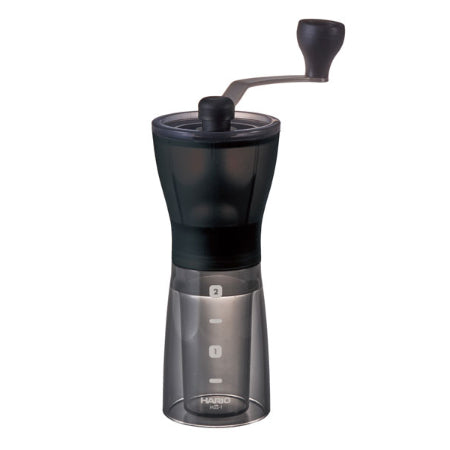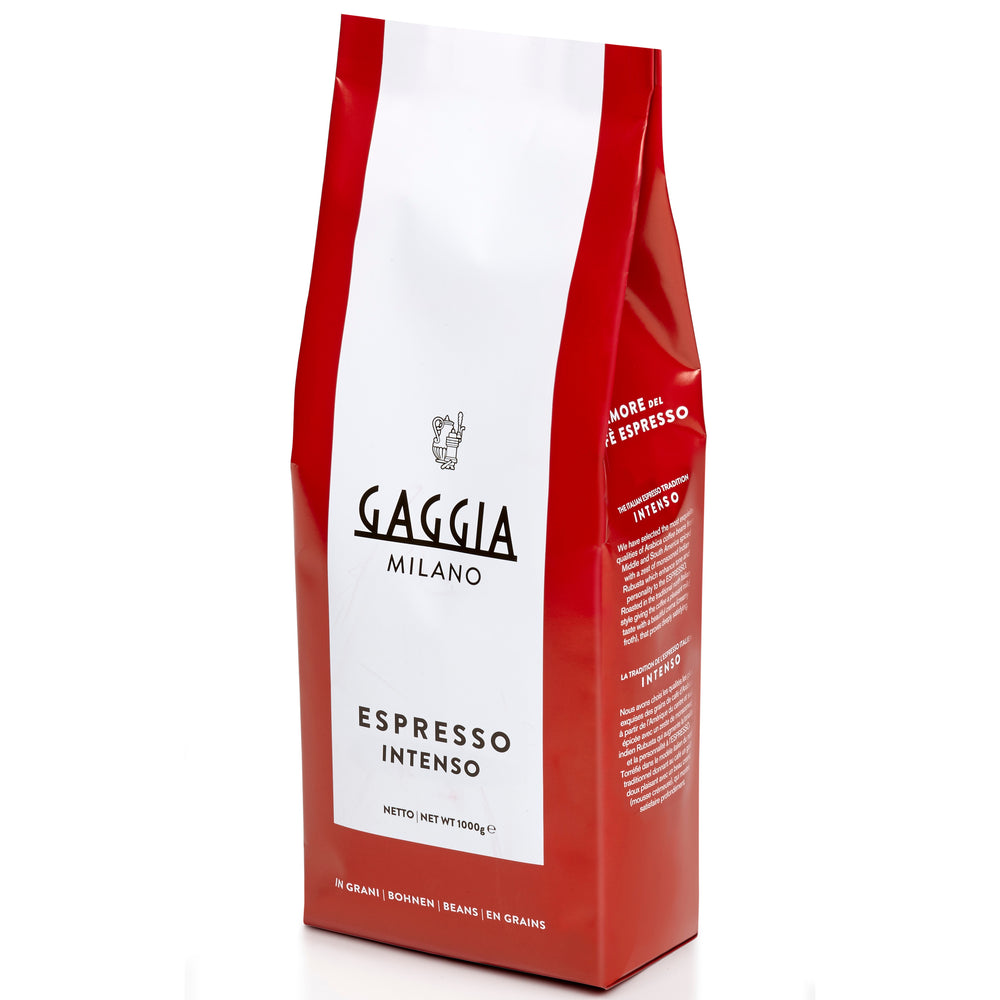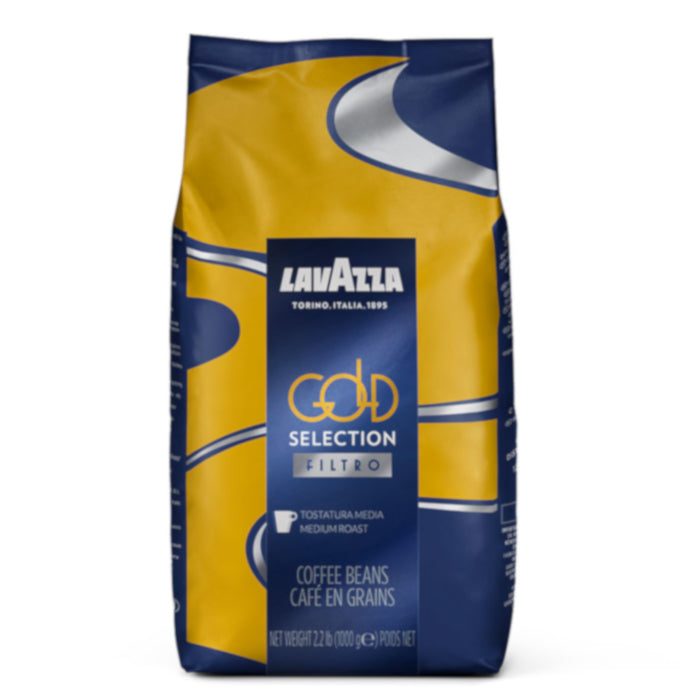Updated for 2022
“What is an AeroPress and how do I use one?”
Those were the first two questions I asked myself when I first heard someone utter the name AeroPress during a discussion about preferred brewers and brewing techniques. Since then, I’ve learned why an ever-increasing number of people rave about this unique little brewer from manufacturer Aerobie Inc. For those now thinking the same questions I once asked, this post is for you.
Before getting into the steps and methods of using an AeroPress, it’s important to first look at what makes this brewer so popular; so much so that an annual world championship is held every year in its honor.

What is an Aeropress?
The World AeroPress Championships, held annually, are centered around competitors from across the world sharing their recipes for the best cup of coffee made via AeroPress. Last year’s events included more than 3,000 competitors from 60 different countries and over 68,000 competitors.
In addition to bringing people from across the planet together, the AeroPress also brings together components of other brewing techniques like using a paper filter similar to the pour-over method and a plunger like a French press. By combining these components into a compact, portable, and extremely cost-efficient device, it’s no surprise why so many people choose the AeroPress as their go-to brewing method.

Get some hot water and make your own coffee and espresso with an easy to use, portable set up you can take anywhere.
How to Use AeroPress
As our basis, below is the recipe that won the 2019 World AeroPress Championships, courtesy of Wendelien van Bunnik from the Netherlands. There are many ways to make a great cup of coffee with an AeroPress, so feel free to tweak the things as you see fit:
Directions:
- Pour 100 g of water on the coffee in 10 seconds.
- Stir firmly for 20 times in 10 seconds.
- Put the filter cap with rinsed filter on the brewer and gently press out excess air.
- At 40 seconds, flip the AeroPress and press out all coffee. You should end up with roughly 60 g of extracted coffee.
- Add 100 g of water to the extracted coffee.
- Taste and add more water until the desired strength (van Bunnik ended up with 120 g dilution).
- Cool the brew down to roughly 60°C (140°F) by stirring and decanting.
Ingredients:
- Coffee: 30 g
- Grind: 7/10 (1=very fine, 10=very coarse)
- Water: 100 g Spa Blauw water (30 PPM) at 92°C (197.6°F)
- Brewer: Inverted
- Filter: Aesir Filter (Rinsed)
- Total brew time: 1 minute
As mentioned above, Wendelien van Bunnik won the 2019 W.A.C. with a recipe that uses the Inverted Brewing method. To better understand how this brew method works, as well as another popular AeroPress brew method, check out the “How to make AeroPress coffee” section, below.

$40.00
You can also brew tea with an AeroPress by using the inverted method and replacing the ground coffee with your tea of choice. Everything else in the process will remain the same.
How to Make AeroPress Coffee
Inverted Brew
A popular method of brewing with an AeroPress is the inverted method. For 2019 W.A.C. champion Wendelien van Bunnik and many other people, this is the preferred method of brewing with an AeroPress, and for good reason.
By flipping the carafe upside-down before adding the ground coffee and hot water, you can improve immersion. What this means is that coffee grounds will be totally immersed in the water and extracted over time. A longer immersion time, as well as a finer grind, will lead to more body because it will allow for more extraction to take place. With your AeroPress inverted, you can extend contact time as long as you see fit and, in turn, find the right immersion time for you. This process also keeps coffee or water from seeping through like it would when brewing regularly.
When inverted brewing, you will also want to push any air out of the carafe and before flipping and plunging. You may also want to hold your cup over the AeroPress when flipping to prevent a potential mess if any coffee leaks out. Your resulting coffee will be concentrated, so you can add hot water or milk to dilute as needed.
Upright Brew
Sometimes referred to as the “regular” method of brewing with an AeroPress, the upright brew method provides a cup of coffee that many AeroPress users hold in high regard. An example upright brewing recipe, which won Shuichi Sasaki of Japan the 2014 W.A.C., is listed below:
Directions:
- Grind coffee at "9.5" on a Malkoenig EK43
- Rinse paper filer with warm water
- Heat water to 78°C (172.4°F)
- Add 40 g of water
- Allow 25 seconds of bloom
- Stir 5 times
- Add 210 g of water and stir once
- Press down very slowly for 75 seconds
- Leave 45 g of slurry in the AeroPress
Ingredients:
- Coffee: 16.5 g
- Water: 250 g soft mineral water at 78°C (172.4°F)
- Brewer: Upright
- Filter: Paper
- Total brew time: 1 minute, 40 seconds

How to Brew Coffee with an Upright & Inverted Aeropress
If you use the metal filter, which we only advise using for an upright brew, use soap and water for an easy cleanup. If you use a paper filter and want to conserve, you can reuse it a few times by giving it a rinse after each use.
It’s worth noting that the official AeroPress website recommends using paper filters, citing “when we conducted blind taste tests comparing paper filtered coffee with metal filtered coffee, the paper filtered coffee always won... That said, while we think that paper filters brew better tasting coffee, taste is certainly personal so people should brew their coffee the way it tastes best to them.”
What Coffee to Use for AeroPress
As shown above, there is no one set of directions, ingredients or brewing method that overtly exceeds another when using an AeroPress. What makes experimenting to make the perfect cup of coffee so exciting is that much of the process comes down to user preference; and that includes the coffee you use. For those looking for a nudge in the right direction when finding the right blend, here are a few options we recommend:

$17.99

$16.00

$20.99
How to Make Cold Brew with AeroPress
When attempting to make cold brew with AeroPress, it’s fair to say overall results were positive but it might not be for everyone. Depending on the ingredients, grind and steep times and/pr brew method, results can vary quite a bit. By tweaking a few variables, the resulting cup can range from weak and tart to strong and bitter, which could potentially scare away users from trying to cold brew at all. We recommend persisting and trying a few times with different portions and times to find the perfect cold brew for you.
Below are an example set of parameters as a starting point for those looking to cold brew:
- 175 g cold water.
- 16 g of ground coffee, espresso grind.
- 2 ½ minutes steep time.
- Upright brew.
An alternate method more attuned to something like a Toddy method or a French Press, you can:
- Fill the AeroPress carafe with coffee and cold water.
- Steep it in your refrigerator for 12+ hours.
- If needed, dilute the now-pressure-brewed coffee with cold water.

How to Make AeroPress Coldbrew
As is usually the case with using an AeroPress, its portability, ease of use and ease of cleanup also applies to cold brewing. After tinkering with the portions, times and brew types, the AeroPress is a viable option for cold brew if you are an avid or new user who wants to get even more out of an already versatile product.
Summary
Hopefully, you now have a better understanding of what an AeroPress is, how to use one and why so many people abide by it as their preferred brewer. I believe a product that garners an annual international competition centered around it is worth looking into, and I hope this post provided that to you, the reader.
For even more information about AeroPress and other related products by manufacturer Aerobie Inc., check out our AeroPress page.


